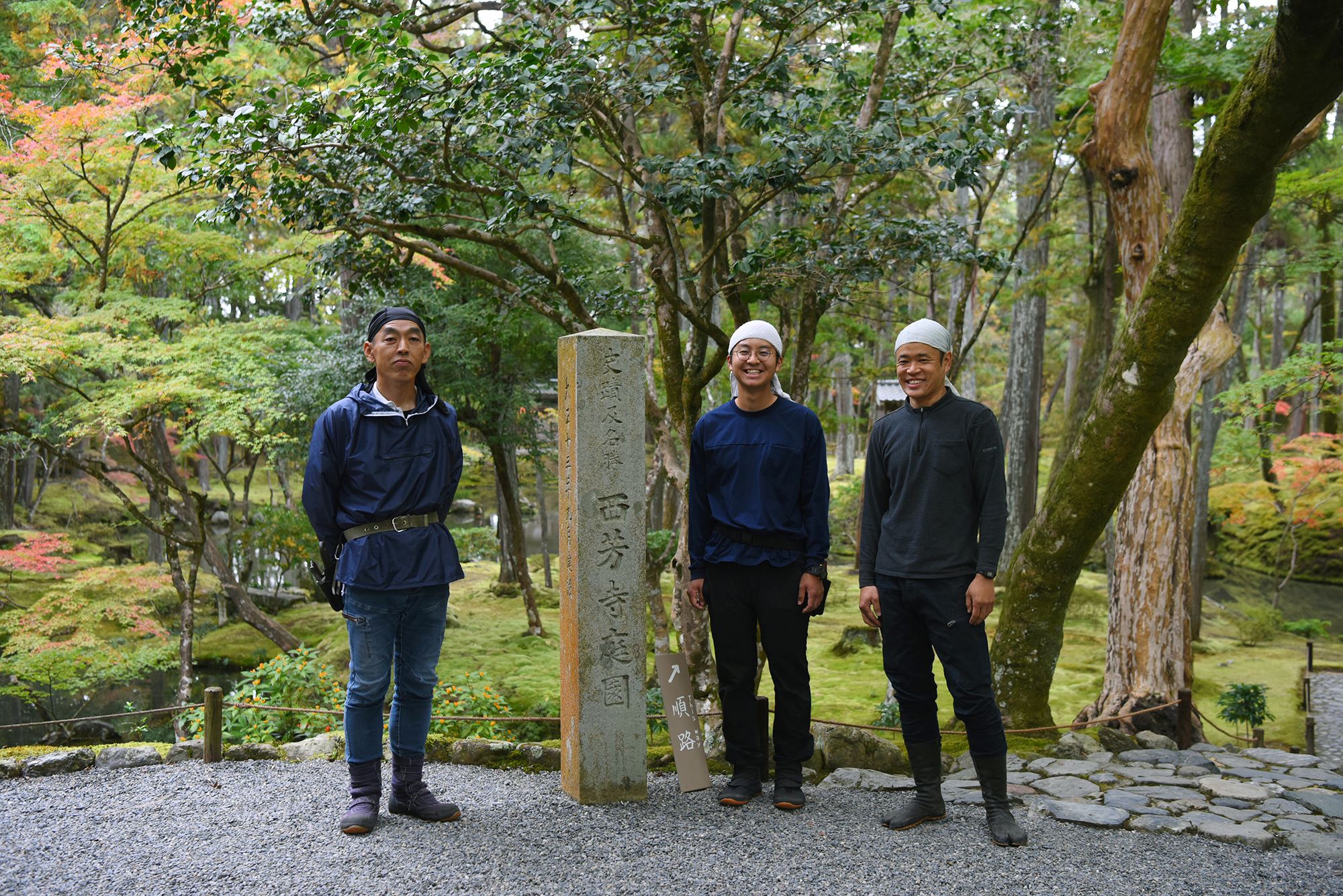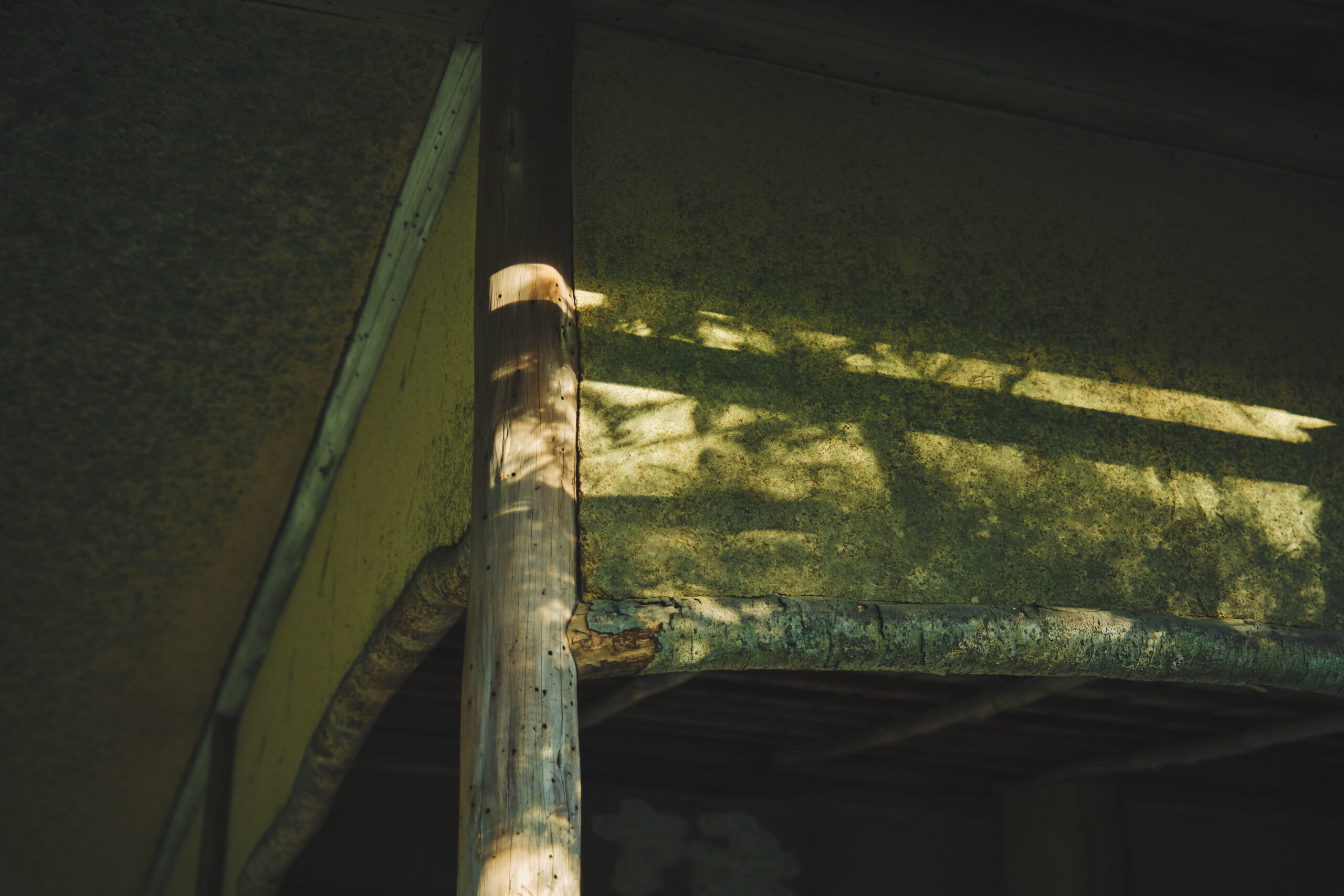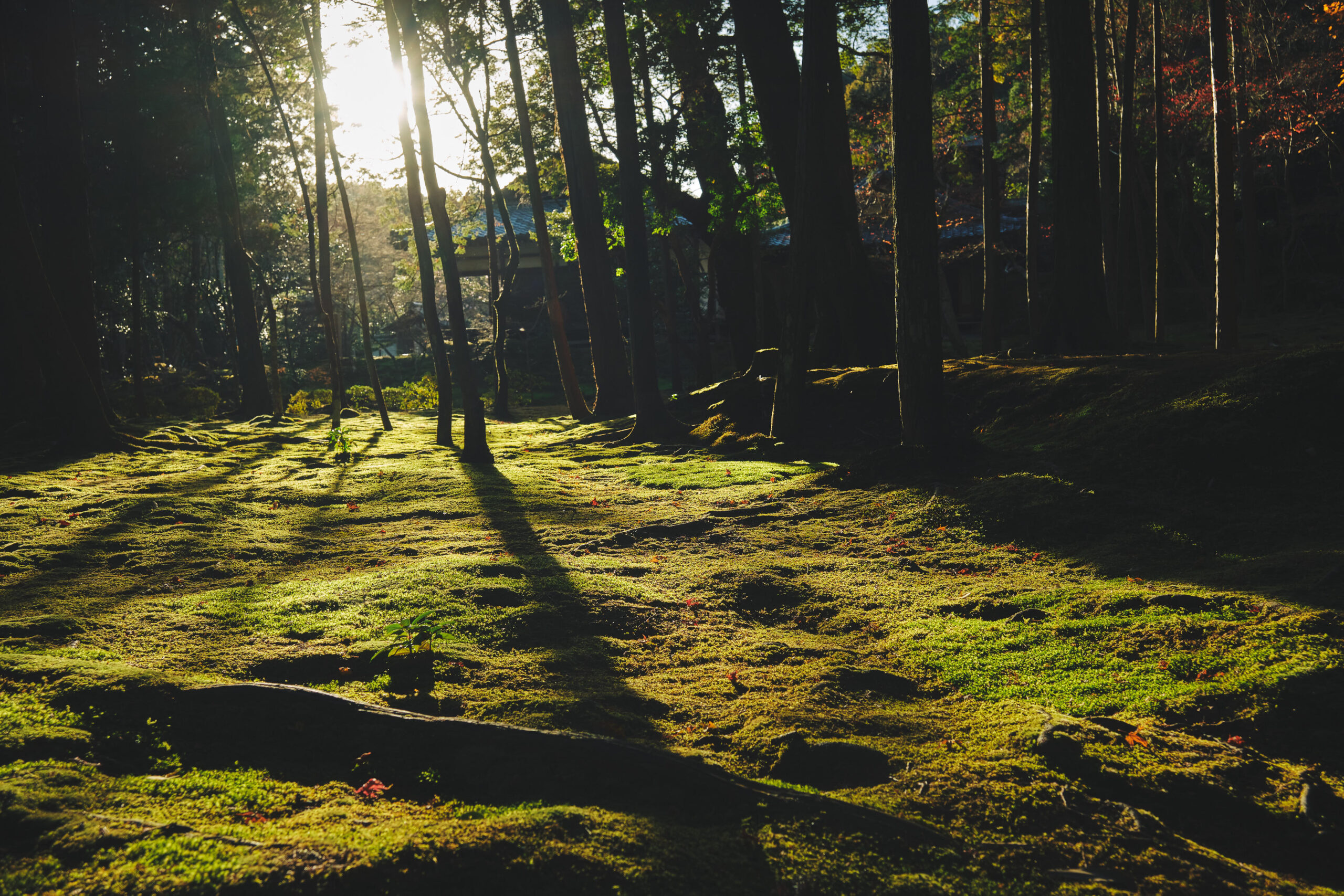2024.7.20
Winds of Gold—One Hundred Views of Saihoji Vol. 3
Peter MacMillan / a translator, scholar, poet
In this series of essays on Saihoji the renowned translator of Japanese poetry and poet Peter MacMillan records his impressions of and reflections on his visits to the garden throughout the four seasons. We hope that through these essays you the readers and fans of Saihoji can feel as if you are also present in the magical garden even when you cannot visit us.
A Garden Designer’s View of the Moss Garden
In the 100 views of Saihoji one important view is that of my guests, sometimes friends, sometimes persons of varied backgrounds. My first guest is Ogawa Katsuaki the 12th generation of the famous Ueji family of gardeners. His ancestors have created many of the famous gardens in Kyoto.
In one of our first conversations, he told me that the cherry blossom tree is excellent at hiding herself all year and then suddenly blossoming forth in all her glory. Mr. Ogawa said he would like to learn how to live from the cherry blossom and other plants. Such an impressive comment made me feel immediately that he was like a teacher.
One of my best friends is a teacher of the Kigaku, Japanese fortune telling system, and I told her that even though Mr. Ogawa is much younger than me I often feel as if he is my teacher. My friend checked his background which is based on his birthdate and discovered he is the Kyushi Kasei. It is a fire sign and people of this sign are like fires that continually burn and are great creators. They often appear to be modest but actually are known for their great aesthetic sense.
My sign is an earthen one, so Mr. Ogawa would have the relationship of what is called “oya boshi” or parent star to mine as the burning of fires creates ash which becomes earth. The oya boshi is an interesting concept because it means that even though the other person might be much younger, as is the case with Mr. Ogawa, he acts as a parent in the relationship with me, teaching and raising me up.

When we arrived at the garden, I suggested to Mr. Ogawa that he walk around alone, so we walked around the garden in opposite directions. And afterwards Mr. Ogawa gave his impressions. He said that he had once planned to come with his mother many years ago but that his mother was hospitalized so he could not visit with her, so it was a little difficult for him to come after that.
When he walked around the garden, he was split between looking at the garden from the point of view of his profession as a garden designer and just trying to absorb the garden with a completely fresh heart. I always feel a similar conflict when I come to the garden as the garden invites me to look at her with a fresh and open heart, but restless thoughts of other things often come in and disturb me.
When Mr. Ogawa viewed the garden as a garden designer the main thing that he looked at was the rocks and stones and how they were laid out to create views, to lead people to see the garden from certain perspectives etc. So as he walked around, he wondered about such things as if an entrance to the garden that was different to the one we had entered through was the original entrance.
He pointed out that the stones are part of the original design and often remain unchanged over the centuries, but the moss and other plants and trees are always changing so to see the garden, he first looks at the layout of the stones. He also pointed out that the placing of the small shrine on one of the islands in the pond creates a place of viewing because we approach it from the front.
I realized that the view of a garden designer is totally different. I always first look at the light, shadows, the greenness of the moss, and listen to birdsong, so it was very illuminating to see the garden through other eyes. I realized Mr. Ogawa is a great teacher of beauty. And I am sure his mother was so happy that he visited the garden and remembered her. She must be so proud that her son became a great gardener.
Peter MacMillan
Peter MacMillan is a prize-winning translator, scholar, poet, and President of The Moon is a Boat Co., Ltd.
His translation, One Hundred Poets, One Poem Each (Hyakunin Isshu), was published in 2008, winning prizes in both Japan and the United States. After that, he completed an English translation of The Tales of Ise (Ise Monogatari), which was published by Penguin in 2016. He has also published a collection of poetry entitled Admiring Fields.
Awards:
Recipient of the Donald Keene Center Special Prize for the Translation of Japanese Literature
Recipient of the 44th Special Cultural Translation Prize from the Japan Society of Translators
Nominated for the PEN Award for Poetry Translation for the English translation of The Tale of Ise (Ise no Monogatari)
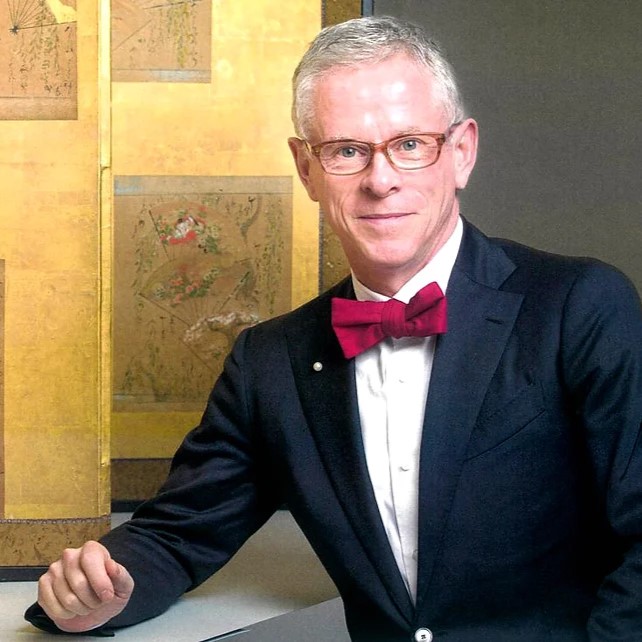
Up next
Most read
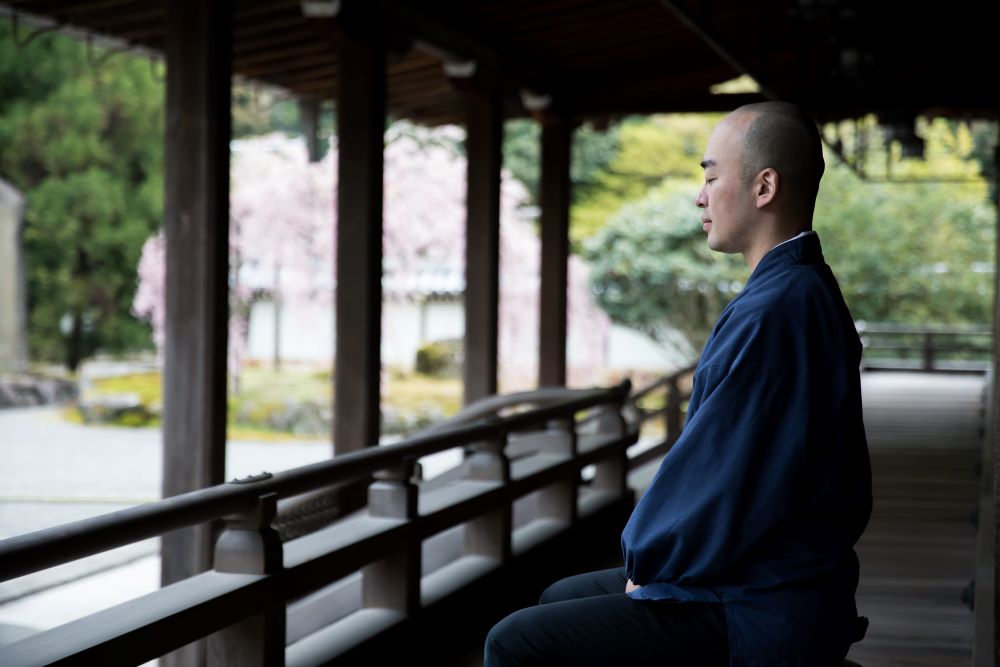
Your Heart
“The Concept of Muda”



